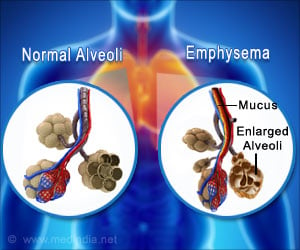
‘Aspirin is used across the globe to treat a number of health conditions, ranging from short-term pain relief to long-term prescriptions. Whilst the use of aspirin is subject to debate within the medical community.’
Tweet it Now
Digestive cancers account for almost a quarter of cancer cases in Europe. Colorectal, gastric and pancreatic cancer are within the top five cancer killers throughout the continent, with digestive cancers representing 30.1% of cancer deaths. The effect of long-term use of aspirin on cancer incidence was also examined for cancers outside of the digestive system. Here, a significant reduction was shown for some (leukaemia, lung and prostate) but not all (breast, bladder, kidney and multiple myeloma) cancers.
Aspirin is used across the globe to treat a number of health conditions, ranging from short-term pain relief to long-term prescriptions. Whilst the use of aspirin is subject to debate within the medical community, a recent study found that patients who stopped taking aspirin were 37% more likely to have an adverse cardiovascular event, such as a heart attack or stroke, than those who continued with their prescription.
Lead researcher, Professor Kelvin Tsoi from the Chinese University of Hong Kong, presented the study today at the 25th UEG Week in Barcelona. "The findings demonstrate that the long-term use of aspirin can reduce the risk of developing many major cancers" commented Professor Tsoi. "What should be noted is the significance of the results for cancers within the digestive tract, where the reductions in cancer incidence were all very substantial, especially for liver and oesophageal cancer."
Source-Eurekalert













